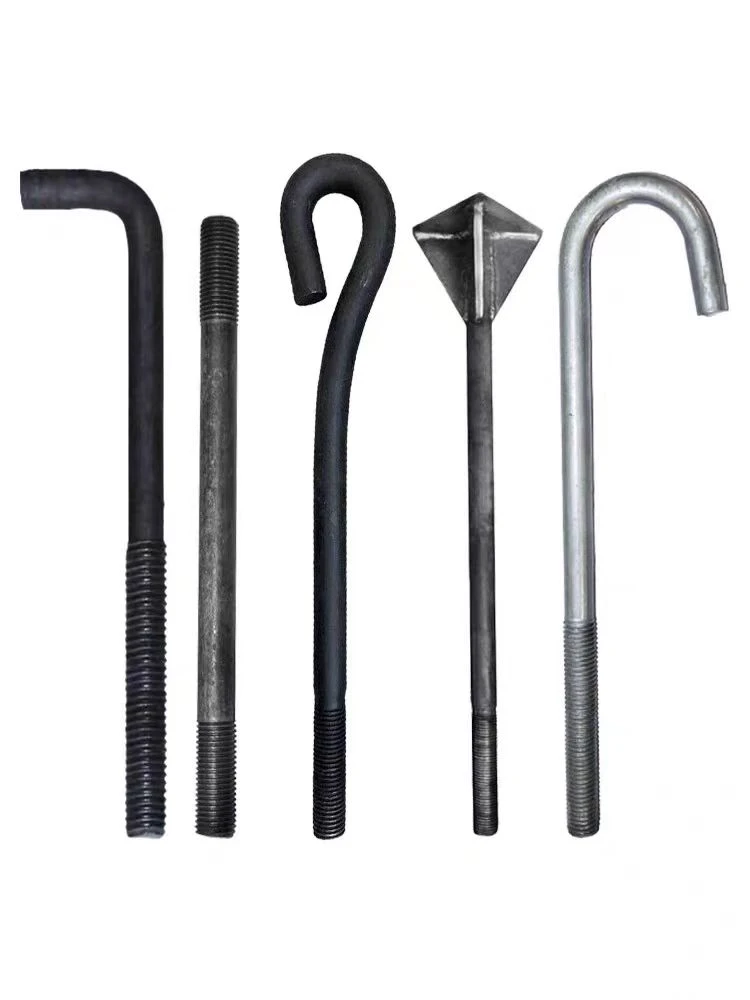

self tapping screws
Дек . 12, 2024 09:19 Back to list
self tapping screws
The Versatility and Importance of Self-Tapping Screws
Self-tapping screws are a fundamental component in the world of construction, manufacturing, and DIY projects. Their unique design allows them to create their own hole as they are driven into materials, which makes them invaluable in a variety of applications. This article delves into the characteristics, advantages, and applications of self-tapping screws, demonstrating their significance in various fields.
Understanding Self-Tapping Screws
Self-tapping screws are distinguished from traditional screws by their ability to cut their own threads when inserted into a material. They come with a sharp tip and a thread design that allows for this capability. There are two main types of self-tapping screws those that do not require a pilot hole (often used in metal) and those that do (often used in wood). The design of these screws ensures a secure and stable fit, minimizing the risk of loosening over time. Materials commonly used include stainless steel, carbon steel, and various coatings to protect against corrosion.
Advantages of Self-Tapping Screws
One of the most significant advantages of self-tapping screws is their efficiency. Because they eliminate the need for a pilot hole, they save both time and labor. This efficiency is particularly beneficial in large-scale construction projects where speed is crucial. Furthermore, self-tapping screws provide a strong grip, which enhances the durability of the assembly. They also enable easy disassembly and reassembly, making them ideal for applications where modifications or repairs may be necessary in the future.
Another key benefit is their versatility. Self-tapping screws can be used in a wide range of materials, including wood, metal, plastic, and composites. This adaptability makes them suitable for numerous applications, from furniture assembly to automotive manufacturing and beyond.
self tapping screws

Applications in Various Industries
Self-tapping screws find applications across multiple sectors. In the construction industry, they are commonly used in framing, drywall installation, and roofing. Their capacity to secure materials tightly makes them perfect for structures that must withstand various stresses and environmental conditions.
In the automotive industry, self-tapping screws are utilized for assembling interior components, securing body panels, and attaching various fixtures. The ability to create strong joints without the added step of drilling pilot holes significantly increases production speed and reduces costs.
The electronics industry also benefits from self-tapping screws, as they are used to secure components within devices and enclosures. Their precision and reliability ensure that electronic devices function safely and correctly.
Additionally, the furniture industry frequently employs self-tapping screws for assembling products that require easy disassembly. Flat-pack furniture often relies on these screws to facilitate shipping and customer assembly while maintaining structural integrity.
Conclusion
Self-tapping screws represent a significant advancement in fastening technology. Their ability to create their own threads simplifies the assembly process across numerous applications while providing a robust connection. As industries continue to evolve, the demand for efficient and reliable fasteners like self-tapping screws will undoubtedly grow. Understanding their characteristics and advantages allows manufacturers, builders, and DIY enthusiasts to make informed decisions, ensuring their projects are completed successfully and to a high standard. Whether you're working on a large-scale construction project or a simple home repair, self-tapping screws offer an effective solution that combines efficiency, strength, and versatility.
Latest news
-
Premium Fasteners Manufacturer | AI-Driven Solutions
NewsAug.01,2025
-
Hot Dip Galvanized Bolts - Hebei Longze | High Strength, Corrosion Resistance
NewsAug.01,2025
-
High-Strength Hot Dip Galvanized Bolts - LongZe | Corrosion Resistance, Custom Sizes
NewsAug.01,2025
-
Best Self Tapping Screws for Drywall - Fast & Secure Installation
NewsJul.31,2025
-
High-Strength Hot Dip Galvanized Bolts-Hebei Longze|Corrosion Resistance&Customization
NewsJul.31,2025
-
Hot Dip Galvanized Bolts-Hebei Longze Metal Products|Corrosion Resistance&High Strength
NewsJul.31,2025

